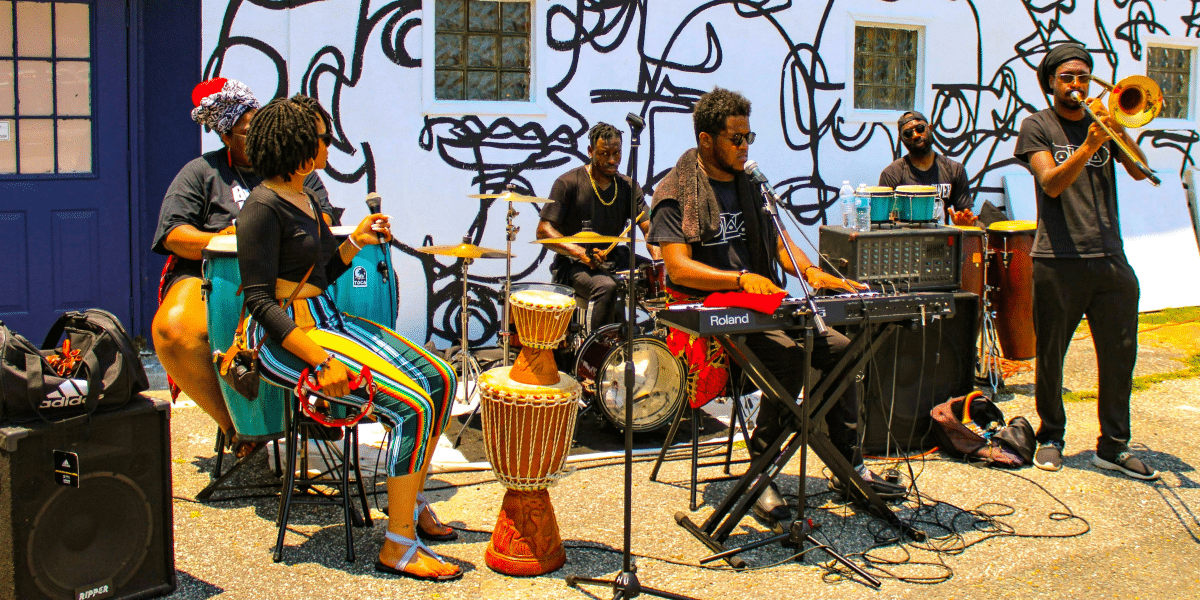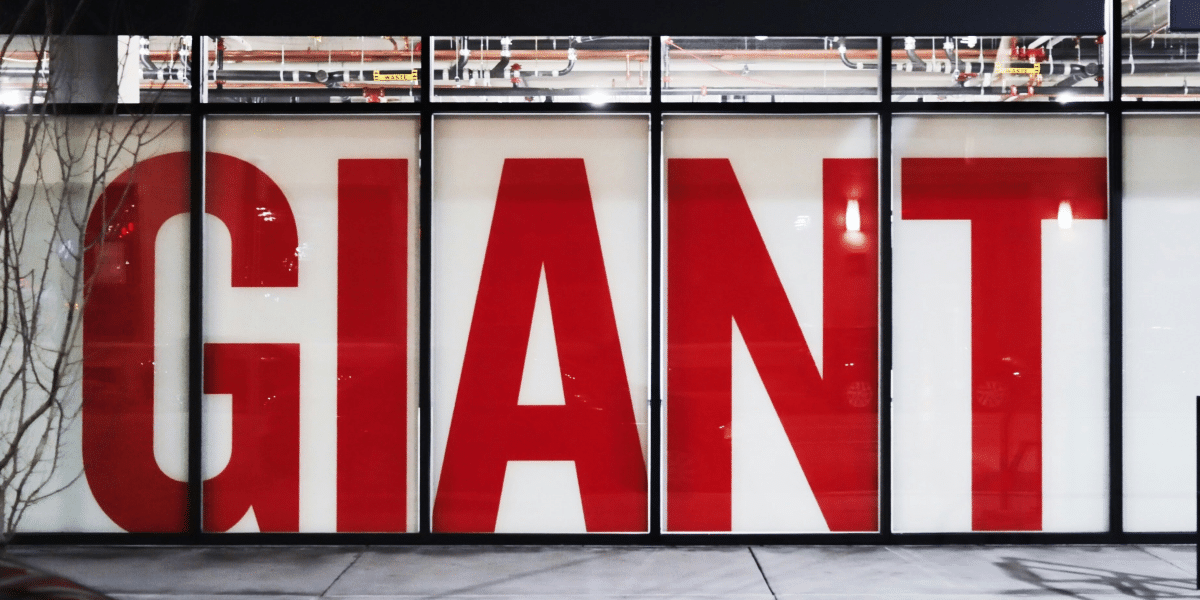Juneteenth, a holiday steeped in history and brimming with contemporary significance, commemorates the end of slavery in the United States. It’s a day of joy, remembrance, and a powerful reminder of the ongoing fight for racial equality. Let’s delve into the origins of Juneteenth, explore its modern-day celebrations, and examine its role in the ongoing pursuit of racial justice.
Juneteenth, also known as Jubilee Day or Emancipation Day, marks June 19th, 1865. On that day, Union Major General Gordon Granger arrived in Galveston, Texas, with a message that would forever alter the lives of enslaved people in the state: the Civil War had ended, and they were free.
“It’s important to remember that Juneteenth wasn’t some grand, immediate emancipation across the South,” explains a historian specializing in the Reconstruction era. “The Emancipation Proclamation was issued in 1863, but news traveled slowly, especially to remote areas. Juneteenth marked the moment freedom finally became a reality for enslaved people in Texas, the very last bastion of Confederate defiance.”
Celebrations erupted across Texas in the following years. Juneteenth became a day of community, thanksgiving, and a powerful symbol of hope for a future free from oppression. “Early Juneteenth celebrations were about resilience,” says a scholar who studies African American traditions. “They were a way to reclaim a stolen past, to celebrate Black joy and culture in the face of unimaginable hardship.”
Juneteenth celebrations spread beyond Texas, carried by the migration of Black communities across the country. Today, Juneteenth is a national holiday, a day of parades, picnics, barbecues, and cultural performances.
“At its core, Juneteenth remains a celebration of freedom,” says a Juneteenth festival organizer. “But it’s also a day of reflection, a day to remember the struggles of the past and recommit ourselves to the ongoing fight for racial justice.”
A Day of Reflection and Action
Juneteenth’s significance extends far beyond celebratory cookouts. It’s a day to grapple with the legacy of slavery and its enduring impact on American society. Systemic racism, voter suppression, and economic disparities are stark reminders that the fight for true equality is far from over.
“Juneteenth is a call to action,” says a social justice advocate. “We celebrate freedom won, but we must also acknowledge the work that remains. Juneteenth is a powerful platform to demand equal opportunity, economic justice, and an end to racial discrimination in all its forms.”
Juneteenth celebrations are as diverse as the African American community itself. Some gatherings focus on music, with gospel choirs and vibrant drum performances filling the air. Others have a more spiritual bent, with church services and prayer gatherings reflecting on the long road to freedom.
Food plays a central role. Dishes like red velvet cake, barbecue, and refreshing fruit drinks are staples of Juneteenth celebrations, a delicious reminder of African American culinary traditions.
Many Juneteenth celebrations incorporate educational elements. Historical exhibits, talks by scholars, and readings by Black authors ensure that the stories of the past are not forgotten.
“Juneteenth is a chance to learn about Black history, not just slavery, but the rich tapestry of Black achievement and resistance,” says a Juneteenth educator. “It’s about empowering future generations to carry the torch of freedom and equality forward.”
Juneteenth is a vibrant celebration, a testament to the enduring spirit of the African American community. But it’s also a call to action, a reminder that the fight for racial justice continues. As the nation celebrates Juneteenth, it’s crucial to remember the legacy of slavery, the ongoing struggle for equality, and the power of collective action in building a more just future.





